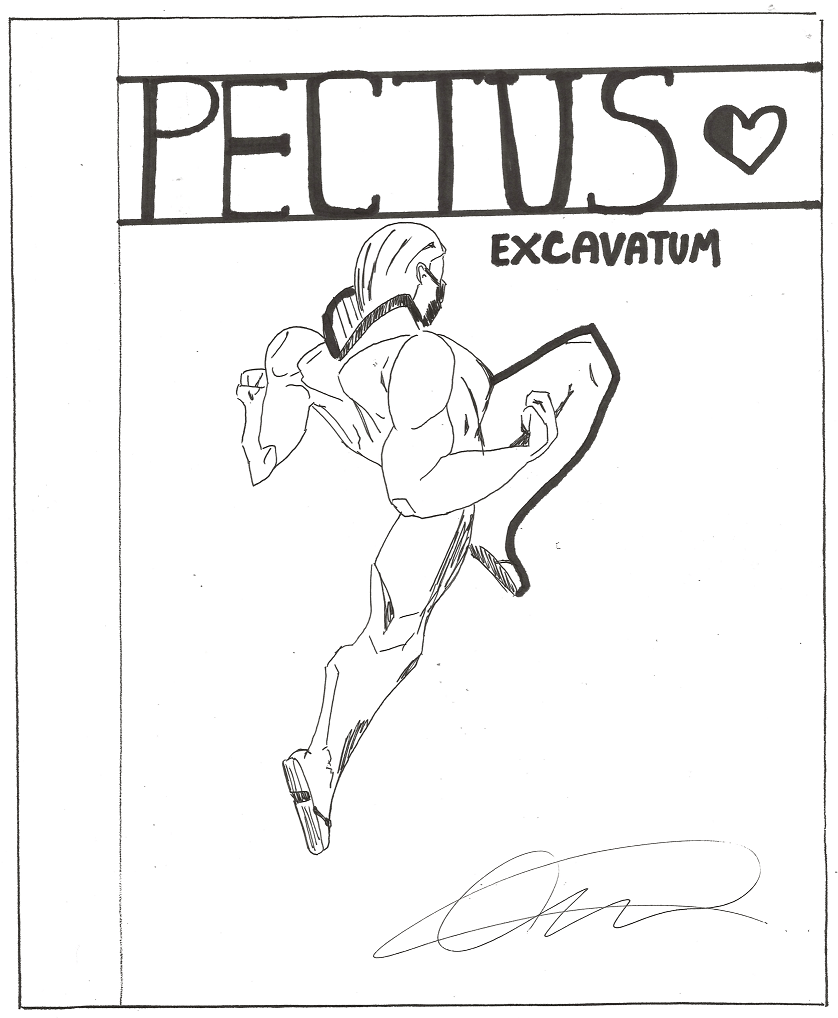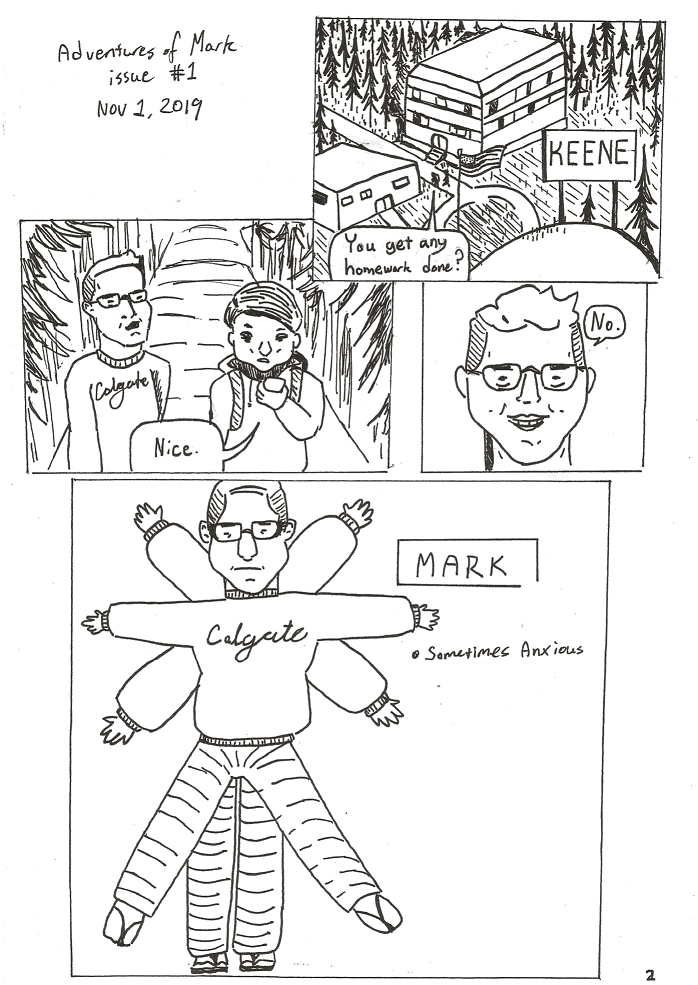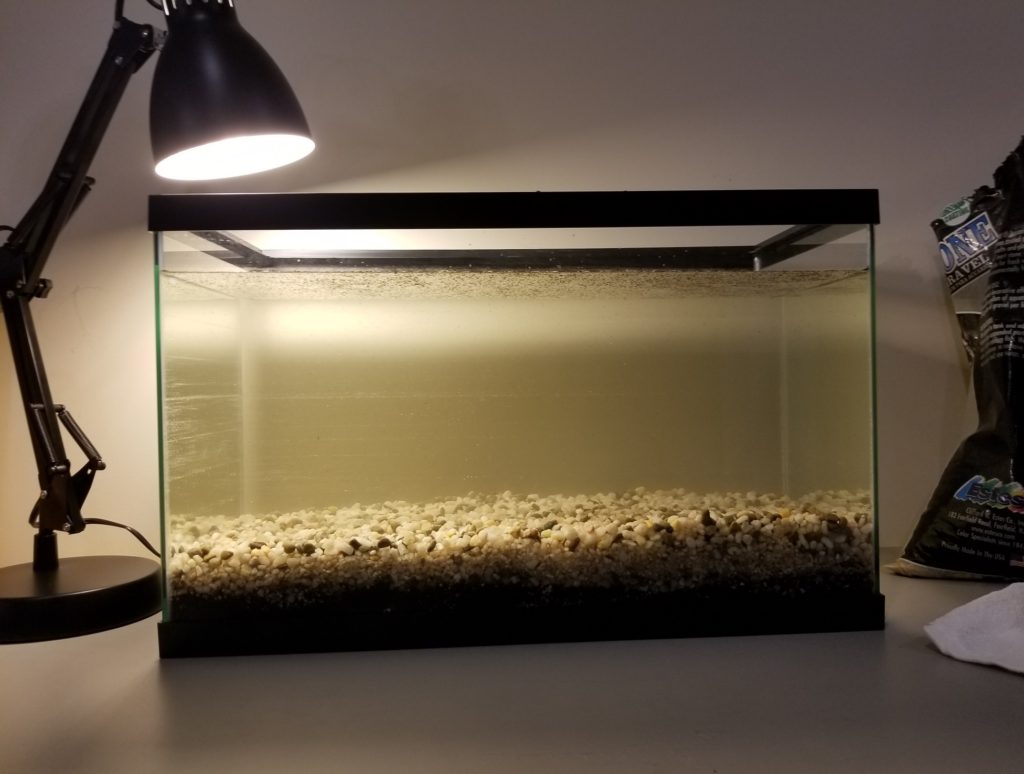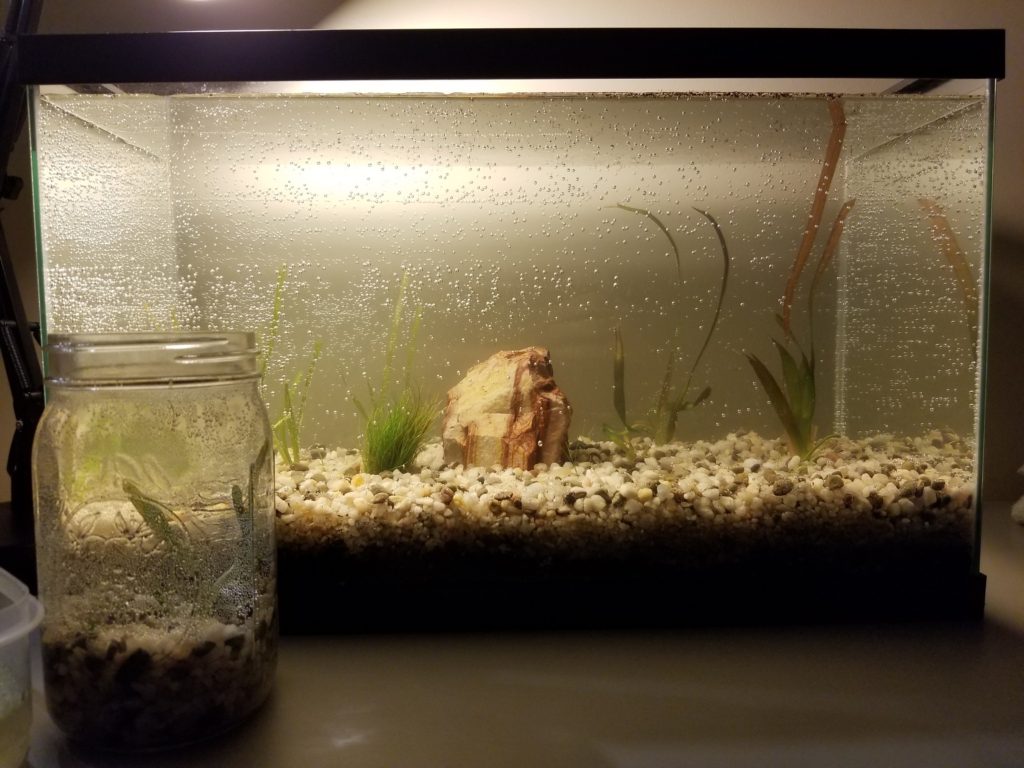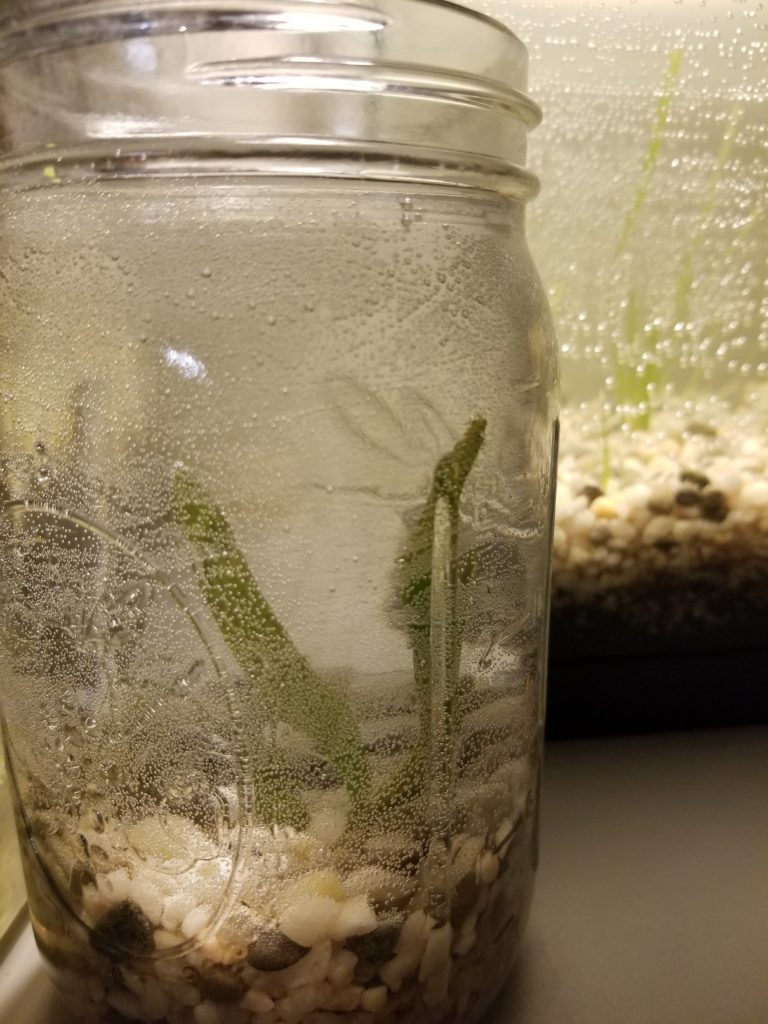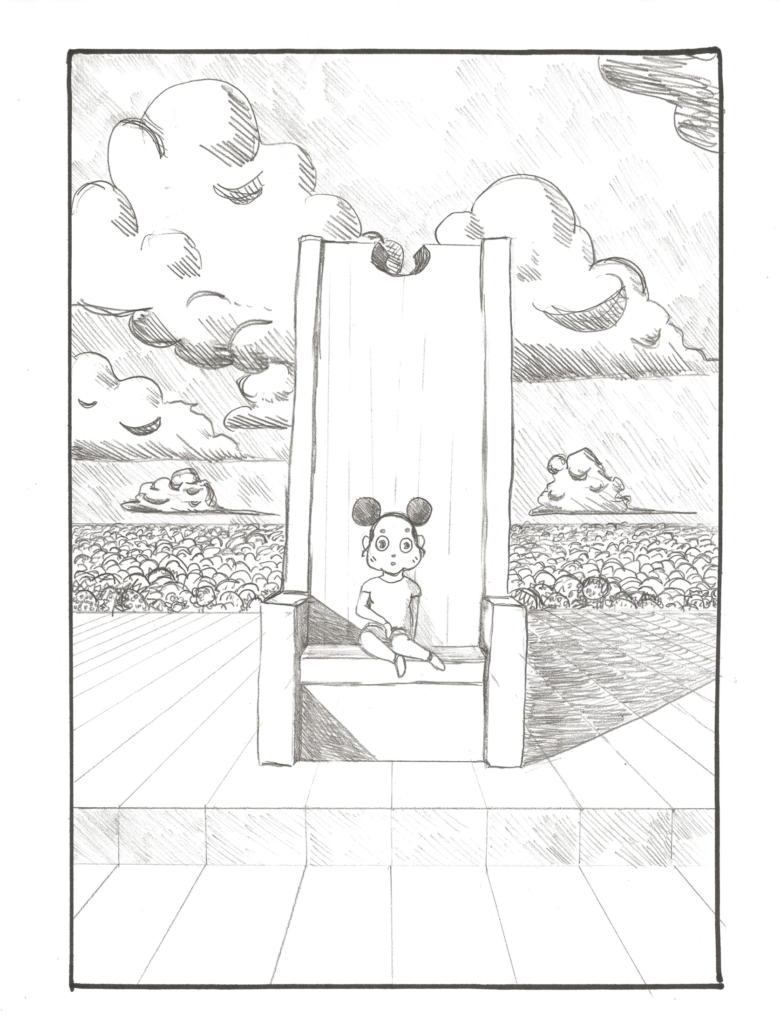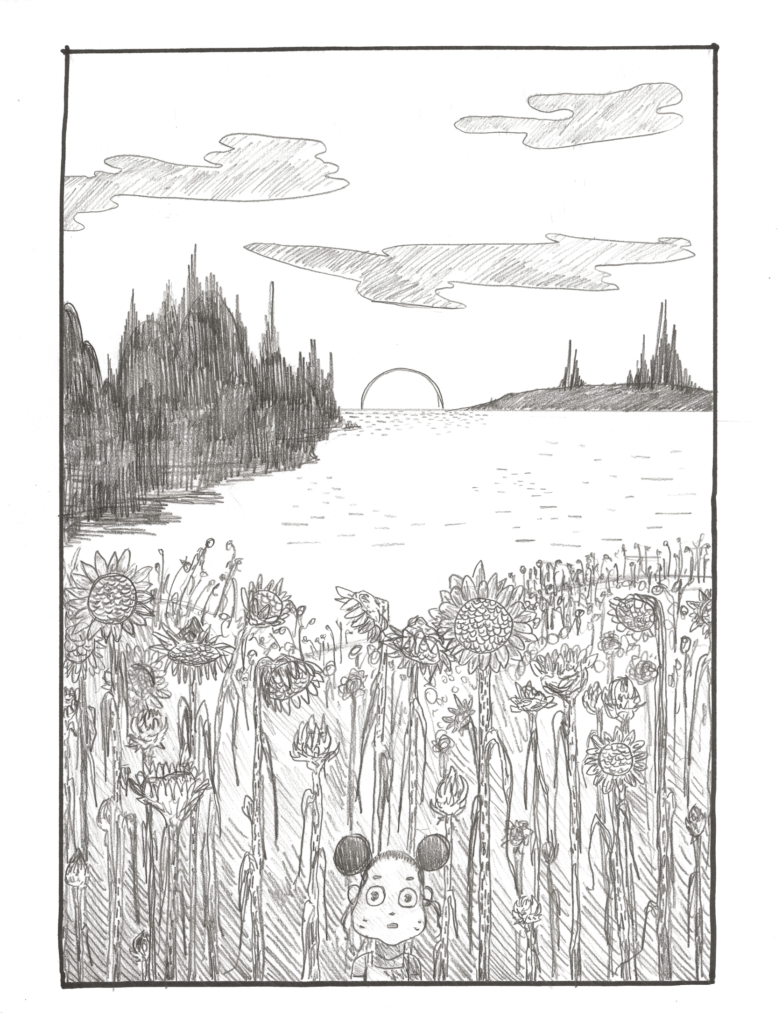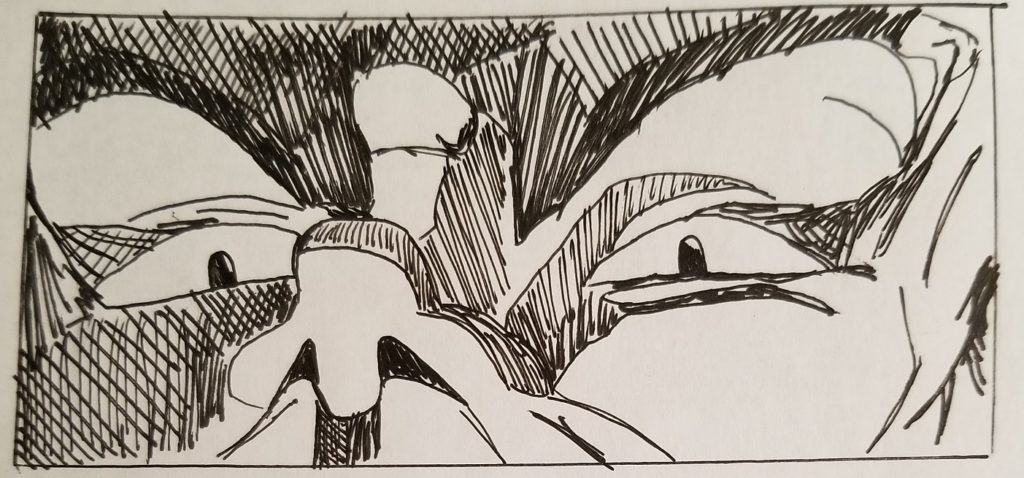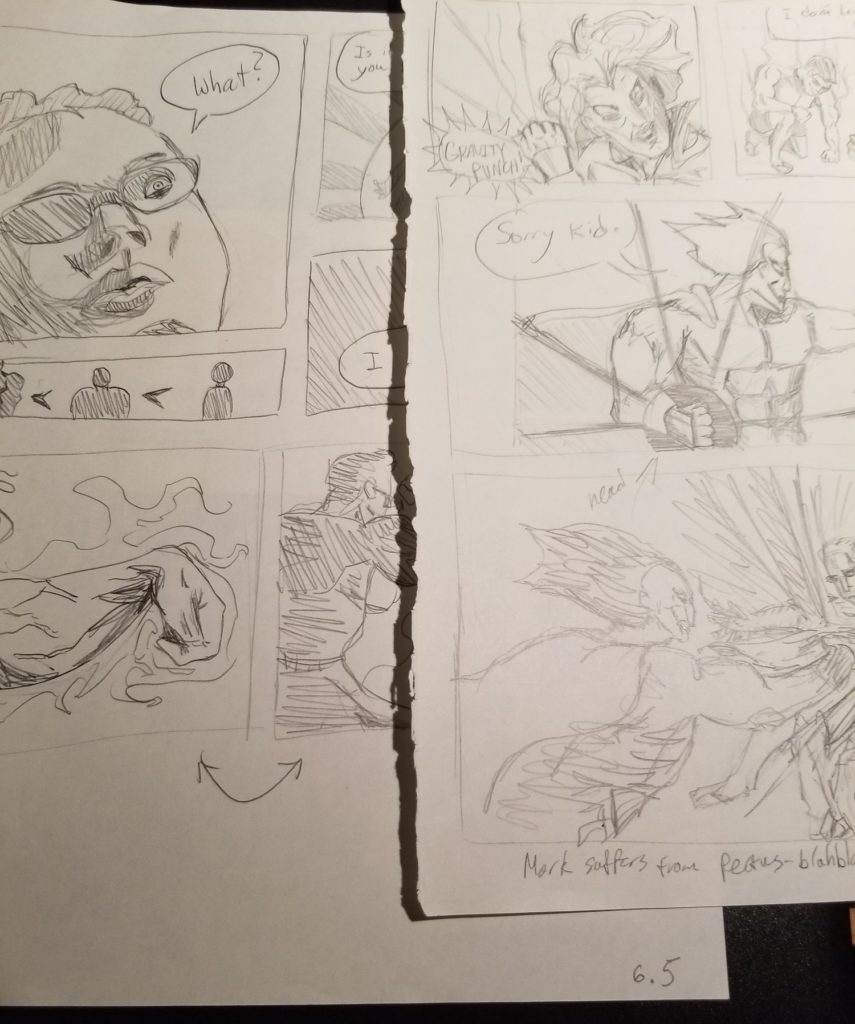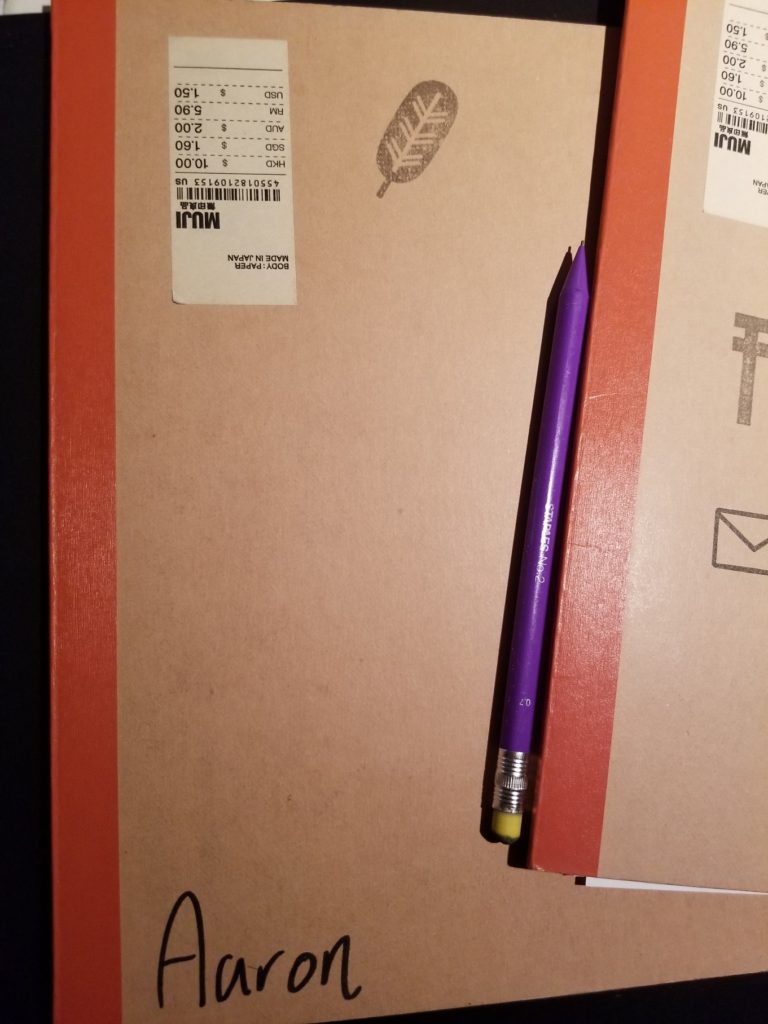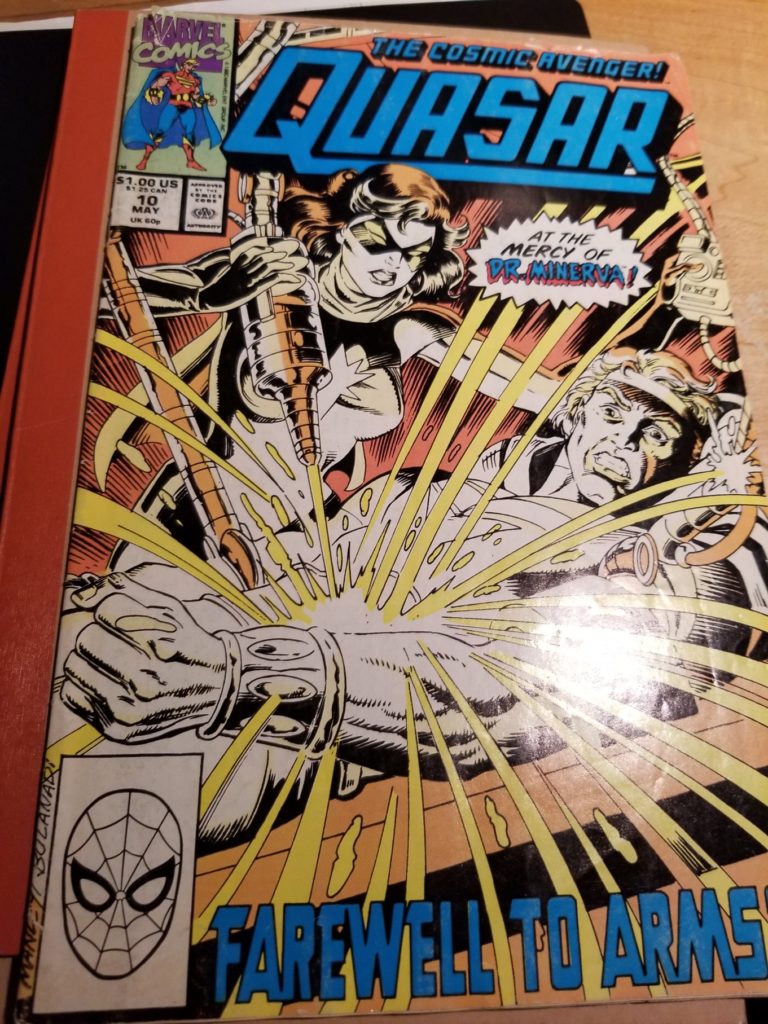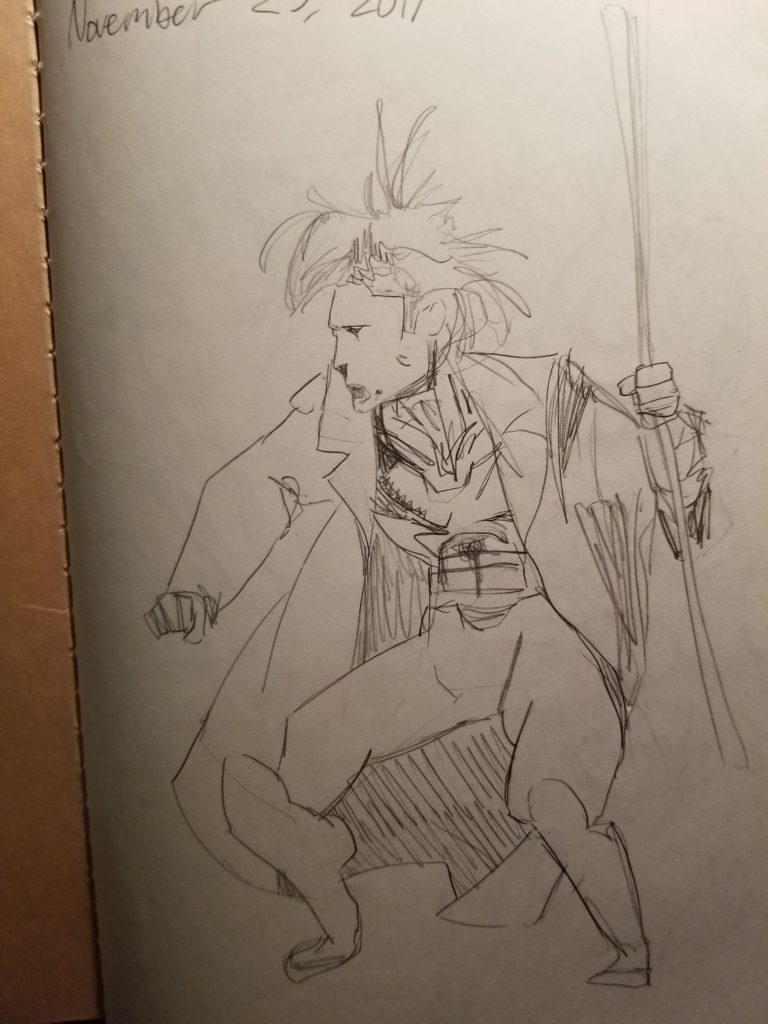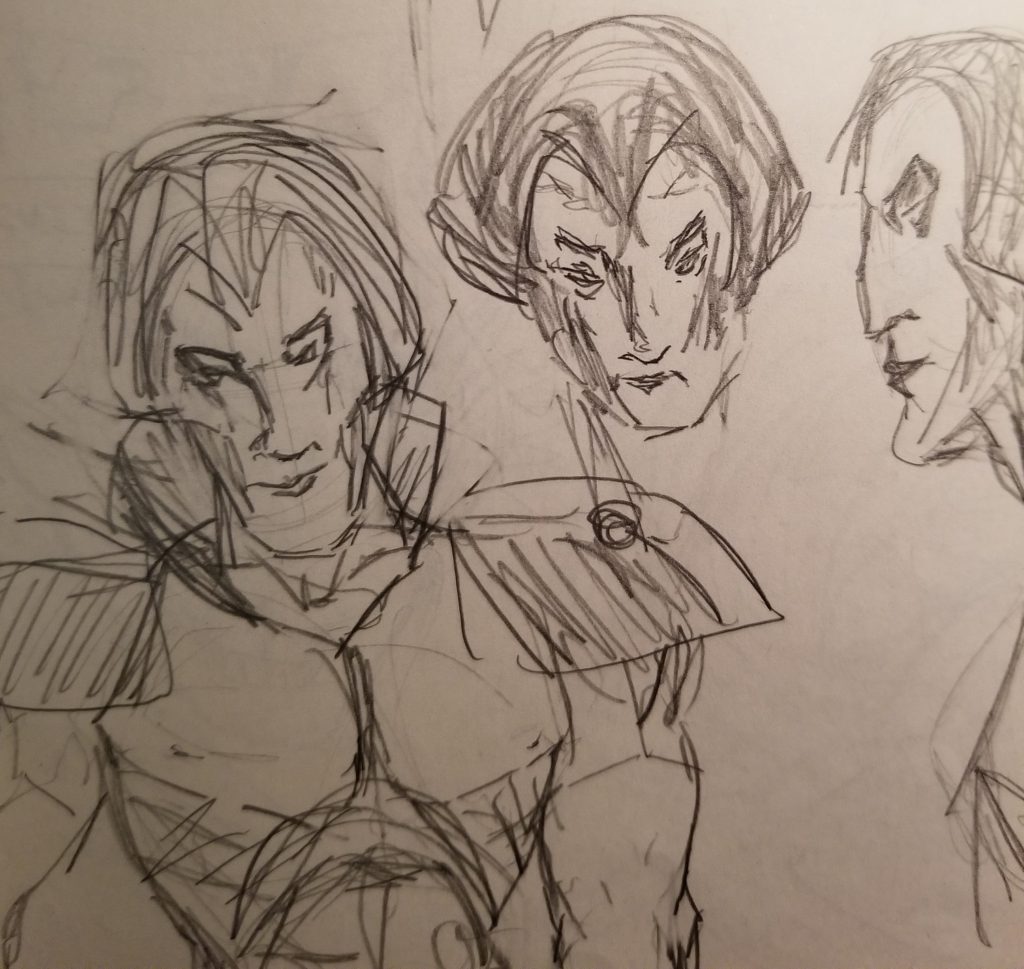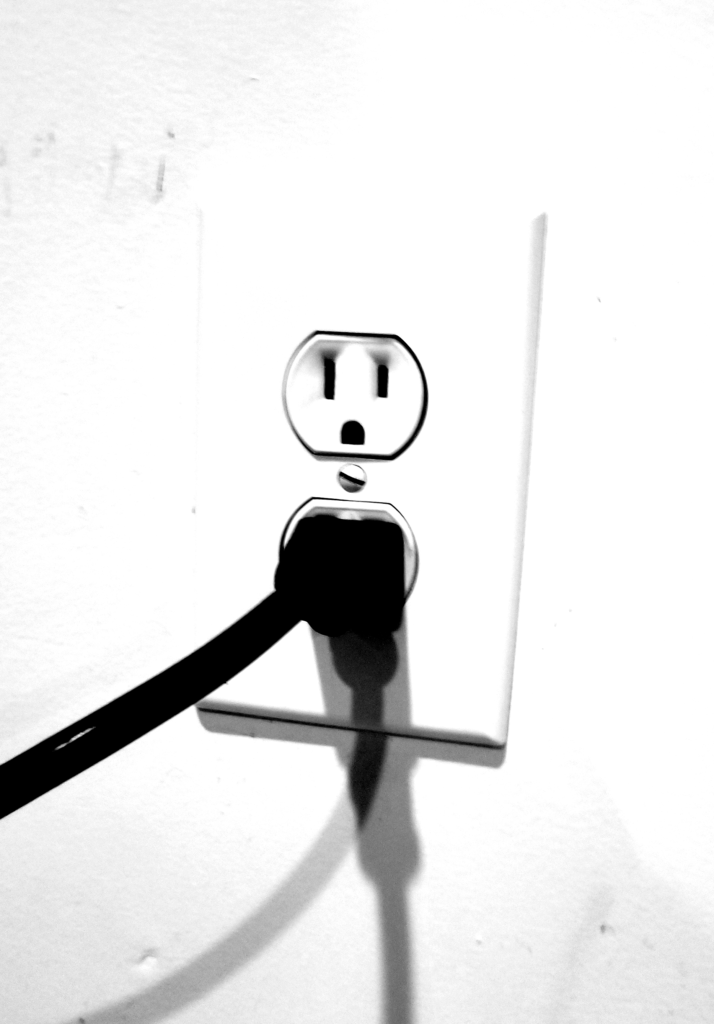The lone ranger was driving south from Burlington when the cop
pulled him over. The officer was not overweight, but the way he rolled his body
as he strolled towards the driver side window gave the impression that he might
have been.
“Do you know why I pulled you over today?”
“No officer, I don’t believe I do. I pride myself on my consistent
adherence to all traffic laws including the speed limit.”
But the officer was not paying attention to the lone ranger’s
response. He was gaping openly at the ranger’s getup.
“Why the hell are you wearing that?”
The lone ranger was wrapped in a colorful poncho of dubious
Indian origin. It was a gangly thing to wear in a car; the back flap of the
poncho smooshed against the fake leather seats and bunched up around the
ranger’s arms and shoulders. It should be noted that the ranger, upon lowering
the window to address the officer, immediately returned his hands to the wheel,
reassuming a perfect 3 o’clock 9 o’clock position that would not be broken
until asked to exit the vehicle by the officer some moments later. A stained and
bulging riding bag occupied the passenger seat next to him.
“These clothes are warm, not to mention comfortable. Doesn’t a
man have a right to keep warm during these cold Vermont days?” No eye
contact, and it was mid-June. The officer wiped his face and blinked.
“Can you step out of the vehicle please?”
“I will step out of this vehicle, but I would like you to
know that I am in no way legally obligated to follow that instruction without
cause. I am leaving my car because I am in no way particularly disdainful of
authority. In fact, I have a lot of respect for officers of the law.” His
face did not turn to meet the officer’s even once.
The officer stepped back, and the ranger swung himself out of his
car and onto the street with a clink–he was wearing a pair of ornate riding
boots with spurs. The officer entered a state of disbelief. The ranger was also
wearing a pair of dark blue jeans, the torn remnants of a leather belt and holster,
and a crushed leather that hung around his neck by a string. He seemed
unwashed.
“Where’s your horse, cowboy?” The officer couldn’t
help smiling now.
“I object to that title. And I have forgone my horse for
what I believe to be a more efficient means of transportation given how much I
travel. I would trade this hunk of metal in for a living, breathing horse in a
minute if my work permitted it.”
The officer shook his head and muttered something flippant
before taking the ranger’s ID and registration back to the cop car. The ranger
remained relatively still, squinting his eyes beneath the mid-day sun and
occasionally brushing away the strands of oak pollen that seemed to blow
endlessly from the trees that lined the highway. They were like strings of dull
yellow pearls flowing riding the wind.
The officer’s background check came out surprisingly sterile. Everything was valid. The lone ranger’s real name was supposedly Trevor Smith, and he used to have a flowing beard. Trevor had no criminal record, and his driving record was truly immaculate. The officer felt a little sorry for what he was about to do.
“Alright rustler, I’m going to save us both a lot of
paperwork and have you come with me to a mechanic I know off the next
exit.”
“Why, officer?”
“Window tint. I could hardly see you in there.”
“I picked this lease up in Palm Beach. It’s legal in
Florida. I’m headed back there now.” The ranger began to tap his feet, generating
a steady clink. Clink. Clink.
“It ain’t legal this far north, buddy. Those windows are
practically black. Now I can write you up and cause a mess of trouble for me
and you back at the office, or you and we can just head down to the shop and
get this fixed nice and easy.”
The ranger, whose ID read Trevor Smith, knew a trap when he saw
one, but he saw this one too late. He contorted his mouth as if to speak
several times, but he ultimately crossed his arms and said nothing. After
glaring at the cop for several moments, he finally declared, “Alright, I’ll
see your mechanic. But know that I am making note of this backhand dealing and
will file a report if anybody tries to force me into anything.”
“Settle down Trevor, this is routine. You’ll thank me later
when a line of New York cops don’t slap you with tickets all the way down
95.” The ranger snorted. “Take the next exit, okay? I will be right
behind you.” The ranger nodded and the officer loped back to his vehicle.
The shop was one of those 15-minute oil change gas station
combos right off the interstate. It was rusty looking place alone on a stretch
of state highway that was not well maintained. Pothole city. It was far enough
north that the pine trees began to beat out the oaks and maples to crowd out sky
above the road. The mechanic was waiting for the ranger and the officer on a
bench next to an outdated gas pump. The ranger parked while the officer pulled
up to the pumps and chatted with the mechanic. The cop had decided some minutes
before that this Trevor Smith was mentally handicapped, and he informed his
friend of this.
The cop pulled away and stationed himself a little way down the
street while the mechanic, apparently the owner of the establishment, strolled
on over to the ranger’s car. The windows
were barely halfway finished rolling down before the mechanic said, “It’ll
be two-hundred bucks.”
He couldn’t respond for some moments. “Two-hundred dollars
to scrape tint off my windows?” The ranger was sitting stock still, 3
o’clock-9 o’clock, and his knuckles were white.
“I could make it three-hundred if you’d like.” The
mechanic was grinning now, and his teeth were shiny like new. He was already
thinking about how a story about his run in with this cowboy would be a great
hit with his buddies.
The ranger was sputtering now. He kept trying to make eye
contact with the mechanic, but he couldn’t bring himself to do it and instead
his head sort of twitched back and forth like a broken clock. Finally, he spat,
“I won’t stand for this, you know! You are the problem. The problem with
society! You know you are. You’re what’s wrong with this country.” His
face twisted in subdued rage.
The mechanic heard only gargling and a few hoarse exclamatory
sounds. He was afraid that the ranger might have been having a seizure or
something and moved to grab the door handle, but the ranger yelled and slammed
open the door for him. He struggled with the seatbelt amidst the folds of his
poncho and finally rolled out of the car with a heavy clink. He stood, heaving
and shuddering against his own breathing while keeping his eyes far away from
those of the mechanic. The two men stood apart from one another for some time. Open
laughter could be heard from the police car down the road.
Years of dealing with the expression of indignance in all its
ugly forms had steeled the mechanic against exactly this type of response. As
the ranger stood before him flexing his hands and moving his lips inaudibly, what
little concern the mechanic might have had for him was easily replaced by the
hard calculations of confrontation. The mechanic was shorter than the ranger,
but hardier. Flexing his own musculature, he looked the ranger in the face and
began to exert all his psychic energy toward the usurpation of the ranger’s
will. His hands were fists, but he spoke calmly.
“You want to hit me, huh? Huh? Makes things a lot easier if
you do.”
The ranger did not hear him. He was trying to shout, “You
are the evil in America, you are the evil in America!” but his mouth was
sponge dry and all he could manage was a wag of the lips and a squeak. The
police officer, perceiving from afar that the ranger might cause some real
trouble, glided back into the lot.
“What’s going on cowboy? You giving Dag here some trouble?”
Dag was the mechanic’s name, apparently.
Clink. Clink. Clink.
“Answer the officer when he talks to you–“
The police officer had barely begun the motions of pulling
himself from his vehicle when a clap and a rush of wind tore through the left
side of his face, causing him to slump back into the driver’s seat in a dead
heap. The shock of the sudden gunfire caused the mechanic to leap backwards,
rolling on his boot-encased heel and landing on his back. A second bullet from
the ranger’s now unveiled revolver pinned the mechanic’s skull to the pavement
forever. A woman’s scream erupted from the interior of the gas station.
The ranger could look them square in the eyes now. They were
like marbles. The ranger, calm now except for a tremor in his right leg which
caused a tinkling sound, stepped awkwardly over the mechanic’s body and moseyed
on over to the station door. It opened into a dusty convenience store whose
rows of mostly empty shelving displayed the detritus of decades. Expired candy
bars and bags of chips with ancient logos were stuffed between pallets of
brightly colored charging adapters and unwanted knickknacks. The shrieking from
before had transformed into a prolonged and muffled howl from a back room
behind the counter. The ranger pulled himself over the register and tried the
door. The lock, which had existed in a constant state of needing repair for
three years, gave without trouble.
The wife of the mechanic was newly middle aged and a little fat.
She couldn’t scream anymore and instead moaned, attempting to hide herself
behind a desk in the corner of the mechanic’s office. She hollered “No!
No!” and attempted to throw whatever she could reach at the ranger when he
entered. He dodged a holepunch while he attempted to justify himself to the
woman, to explain to her that the bad men outside had tried to rope him into
deeply entrenched systems of tyranny that could only be ended through violence,
but all she heard was garbled English and snarling. The mechanic’s wife finally
landed a stapler on the Ranger’s calf and he responded with a volley of bullets
that ended the debate instantly.
It occurred to the ranger that he had never fired his revolver outside of the range before. Unless he was cleaning it, which he did often, it usually sat dormant underneath his poncho. He had made a real mess this time. On his way back to his car, the ranger didn’t look at the mechanic again. He didn’t try to examine the police car either. The ranger adjusted his poncho, stowed his revolver in the glove compartment, and reversed out of the lot. He took the on ramp back to the interstate and continued his journey southward.
